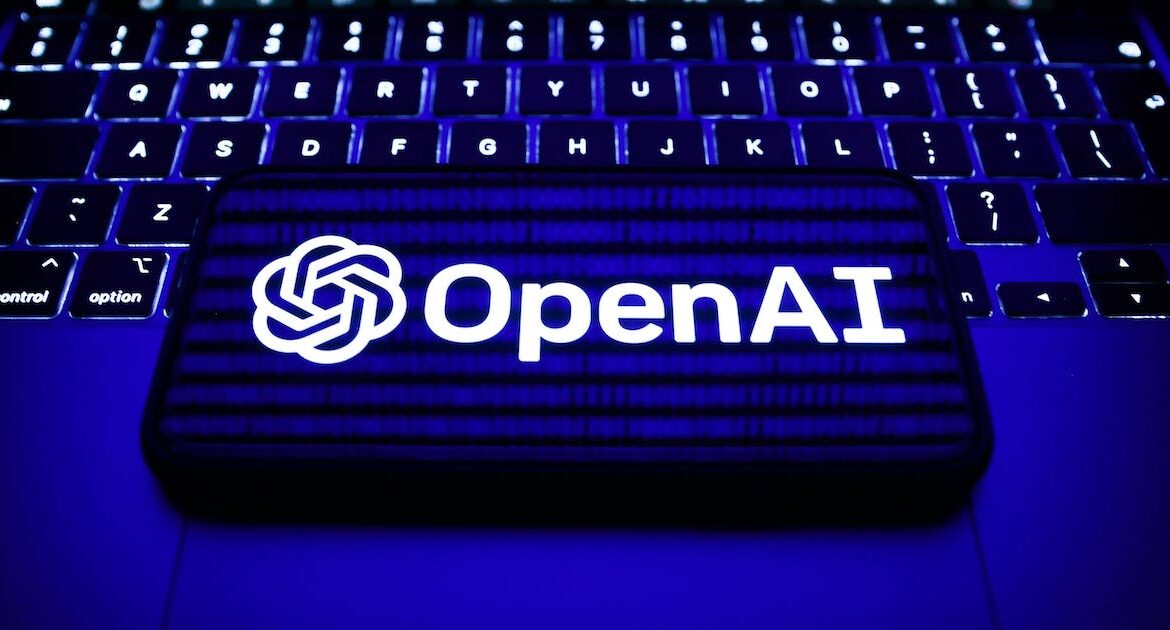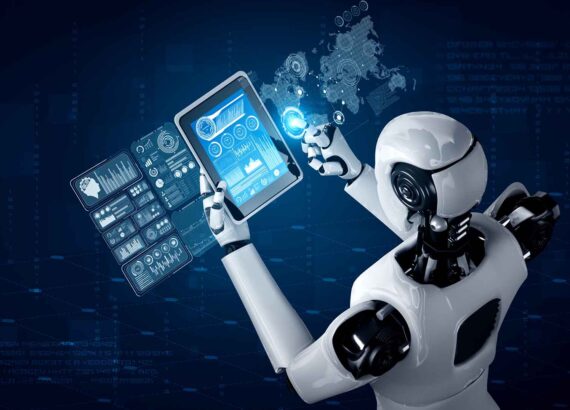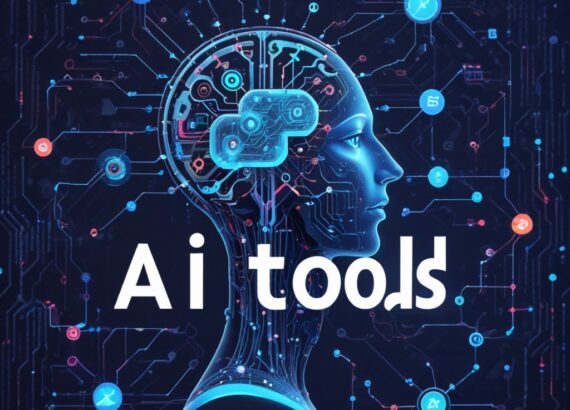Latest News and Update from OpenAI
OpenAI, a leading artificial intelligence research organization, has been at the forefront of innovation and advancement in the field of AI. Founded with a mission to ensure that artificial general intelligence (AGI) benefits all of humanity, OpenAI has made significant contributions to various domains, ranging from natural language processing and reinforcement learning to computer vision. In this article, we will explore the latest news and updates from OpenAI, delving into their groundbreaking achievements, ongoing research and developments, partnerships and collaborations, the impact of their work across industries, their commitment to ethical AI practices, and the future outlook and challenges they face. Join us on this journey to discover the cutting-edge advancements and transformative potential of OpenAI’s AI technologies. Explore the cutting-edge developments shaping the world of technology and its impact on various industries.
1. Introduction to OpenAI: A Brief Overview
OpenAI is a leading research organization focused on artificial intelligence (AI) and its potential for positive impact on society. Let’s delve into the founding of OpenAI and its mission and vision.
The Founding of OpenAI
OpenAI was founded in 2015. These visionaries aimed to ensure that AI benefits all of humanity, while also addressing potential risks associated with its development.
OpenAI’s Mission and Vision
OpenAI’s mission is to ensure that the broad and beneficial applications of AI are accessible to everyone. They are committed to conducting research, building safe and beneficial AI systems, and driving the adoption of AI technologies in a cooperative and responsible manner.

2. OpenAI’s Groundbreaking Achievements in Artificial Intelligence
OpenAI has made significant strides in various domains of AI. Let’s take a look at some of their groundbreaking achievements.
Breakthroughs in Natural Language Processing
OpenAI’s research in natural language processing (NLP) has been remarkable. They developed models such as GPT-3, which has the ability to generate human-like text and has revolutionized language generation tasks.
Advancements in Reinforcement Learning
OpenAI has made notable advancements in reinforcement learning, a technique that enables AI systems to learn from trial and error. They developed algorithms and models that have achieved remarkable performance in complex tasks, from playing games to robotic control.
Contributions to Computer Vision
OpenAI has also made significant contributions to the field of computer vision. Their research has led to improved object recognition, image understanding, and the development of models that can generate realistic images from textual descriptions.
3. OpenAI’s Latest Research and Developments
Let’s explore some of their latest research and developments.
Cutting-edge AI Models and Algorithms
OpenAI is at the forefront of developing state-of-the-art AI models and algorithms. They constantly strive to improve the performance and capabilities of AI systems, with a focus on safety, fairness, and interpretability.
State-of-the-Art Applications and Use Cases
OpenAI’s research has led to the development of AI models that have found applications in various domains. From healthcare to natural language understanding, their work has the potential to revolutionize industries and improve the lives of people worldwide.
Exploration of New Frontiers in AI
OpenAI is actively exploring new frontiers in AI. They are investigating areas such as unsupervised learning, meta-learning, and multi-agent systems, which have the potential to unlock new possibilities and advance the field of AI.
4. OpenAI’s Partnerships and Collaborations
OpenAI recognizes the importance of collaborations in driving AI forward. Let’s explore some of their key partnerships and collaborations.
Collaborations with Industry Leaders
OpenAI collaborates with leading companies in the tech industry to accelerate the development and application of AI technologies. These partnerships enable knowledge exchange, shared resources, and contribute to the overall advancement of AI.
Academic Collaborations and Research Institutions
OpenAI maintains close ties with academic institutions and research organizations. They actively collaborate with scholars, researchers, and universities to foster a rich and diverse research community and drive forward the frontiers of AI knowledge.
OpenAI’s Role in the Open Source AI Community
OpenAI is committed to open-source principles, actively sharing their research, models, and tools with the AI community. By fostering an open and collaborative environment, they promote knowledge sharing and the collective growth of the AI ecosystem.
In conclusion, OpenAI’s dedication to advancing AI research, their groundbreaking achievements, ongoing developments, and collaborations solidify their position as a driving force in the field. As they continue to pave the way for responsible and beneficial AI, their impact on society holds immense potential.

5. OpenAI’s Impact on Various Industries
Transforming Healthcare with AI
OpenAI’s groundbreaking AI technology has the potential to revolutionize the healthcare industry. With the ability to analyze vast amounts of medical data, AI can help doctors make more accurate diagnoses, develop personalized treatment plans, and even predict disease outbreaks. From improving medical imaging to aiding in drug discovery, OpenAI is playing a crucial role in advancing healthcare and saving lives.
Revolutionizing Finance and Banking
The finance and banking sectors are no strangers to the power of AI, and OpenAI is at the forefront of this revolution. AI algorithms can analyze financial data in real-time, helping to detect fraud, predict market trends, and optimize investment strategies. With OpenAI’s expertise, financial institutions can make more informed decisions, streamline operations, and provide better customer service.
Enhancing Manufacturing and Automation
OpenAI’s AI technology is also making waves in the manufacturing industry. By harnessing the power of machine learning and automation, manufacturers can optimize production processes, reduce defects, and increase efficiency. OpenAI’s algorithms can perform complex tasks with precision and speed, leading to improved product quality and lower costs. From robotic assembly lines to predictive maintenance, AI is transforming the manufacturing landscape.
6. OpenAI’s Ethical and Responsible AI Practices
Prioritizing Safety and Risk Mitigation
OpenAI understands the importance of ensuring AI systems are safe and reliable. They invest significant effort in researching and implementing safety measures to mitigate risks associated with AI development. By proactively addressing potential hazards and conducting rigorous testing, OpenAI is committed to building AI systems that prioritize human well-being and minimize the chances of unintended consequences.
Ensuring Fairness, Transparency, and Accountability
OpenAI recognizes the need for fairness, transparency, and accountability in AI. They strive to avoid biases and promote inclusivity in their AI models and applications. OpenAI aims to make their AI technology accessible to all, while also actively seeking feedback from users and the wider community to address potential issues and improve their systems. By being transparent about their AI practices, OpenAI fosters trust and encourages responsible use of AI technology.
Addressing Ethical Implications of AI Technology
With great technological advancements come ethical implications, and OpenAI is acutely aware of this. They actively engage in discussions and collaborations with experts and organizations to address the ethical challenges posed by AI. OpenAI is committed to developing AI systems that align with human values, and they advocate for policies and guidelines that ensure AI is used ethically and responsibly across various domains.
7. Future Outlook and Challenges for OpenAI
OpenAI’s Long-term Goals and Strategies
OpenAI has bold long-term goals for advancing AI technology and ensuring its benefits are widely distributed. They aim to push the boundaries of AI capabilities while maintaining a strong focus on safety, ethics, and responsible deployment. OpenAI’s strategies involve extensive research, collaboration with other institutions, and making fundamental contributions to the field of AI to shape its future in a positive and inclusive manner.
Overcoming Technical and Societal Challenges
As OpenAI continues to forge ahead, they face various technical and societal challenges. Building AI systems that are robust, reliable, and unbiased requires constant innovation and overcoming obstacles such as data limitations, algorithmic biases, and unforeseen risks. OpenAI also navigates the societal impact of AI, working towards ensuring that AI technology benefits and uplifts individuals and communities, rather than exacerbating inequalities or concentrating power.
Collaboration and Cooperation in the AI Community
OpenAI recognizes the importance of collaboration and cooperation within the AI community. They actively seek partnerships and engage in open research to foster knowledge sharing and collective progress. OpenAI values the input and expertise of a diverse range of voices, aiming to democratize AI development and mitigate the risks associated with unilateral advances. By joining forces, the AI community can tackle challenges more effectively and collectively shape the future of AI for the better.In conclusion, OpenAI continues to push the boundaries of artificial intelligence, making remarkable strides in research, technology, and ethical practices. Their groundbreaking achievements have not only revolutionized various industries but have also sparked a global conversation about the future of AI. With their dedication to responsible development and collaboration, OpenAI is poised to shape the future of AI in a way that benefits humanity as a whole. As we look ahead, it is clear that OpenAI will continue to lead the charge in advancing AI technology, addressing challenges, and working towards a future where AI is harnessed for the betterment of society.
FAQ
1. What are some notable achievements of OpenAI in the field of artificial intelligence?
OpenAI has achieved remarkable milestones in various domains of AI. They have made significant breakthroughs in natural language processing, enabling advancements in language understanding, generation, and translation. OpenAI has also excelled in reinforcement learning, developing algorithms that have achieved unprecedented performance in complex tasks. Additionally, their contributions to computer vision have led to advancements in image recognition and object detection. These achievements demonstrate OpenAI’s commitment to pushing the boundaries of AI capabilities.
2. How does OpenAI prioritize ethical and responsible AI practices?
OpenAI places a strong emphasis on ethical and responsible AI practices. They prioritize safety by conducting extensive research on AI alignment to mitigate potential risks. OpenAI is also committed to ensuring transparency and accountability in AI systems, actively working towards avoiding biases and addressing the ethical implications associated with AI technology. Their approach involves collaboration and cooperation with the wider AI community to collectively navigate the challenges and implications of AI development.
3. What impact does OpenAI have on various industries?
OpenAI’s impact on industries is vast and transformative. In healthcare, their AI technologies are revolutionizing diagnosis, personalized medicine, and drug discovery. In finance and banking, OpenAI’s algorithms enhance risk assessment, fraud detection, and trading strategies. The manufacturing sector benefits from improved automation and quality control through OpenAI’s AI systems. Moreover, OpenAI’s research and developments have implications for transportation, agriculture, education, and many other industries, shaping their future with AI-driven advancements.
4. How does OpenAI foster partnerships and collaborations?
OpenAI actively seeks partnerships and collaborations to advance AI research and applications. They collaborate with industry leaders, academic institutions, and research organizations to foster knowledge exchange and accelerate innovation. OpenAI also plays a pivotal role in the open-source AI community, sharing their research and resources with the wider public. By fostering collaborations, OpenAI aims to create a collective impact that propels the AI field forward in a collaborative, inclusive, and responsible manner.
Thank you for reading 🙂


















